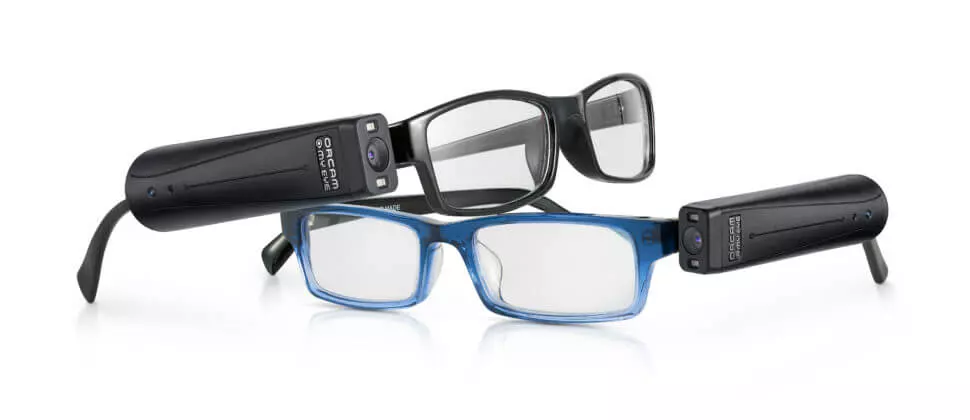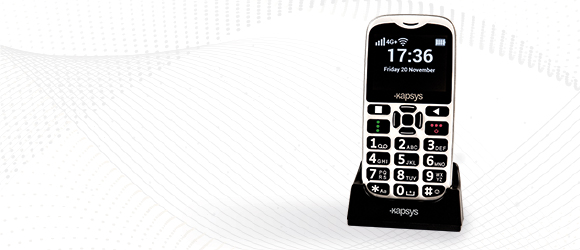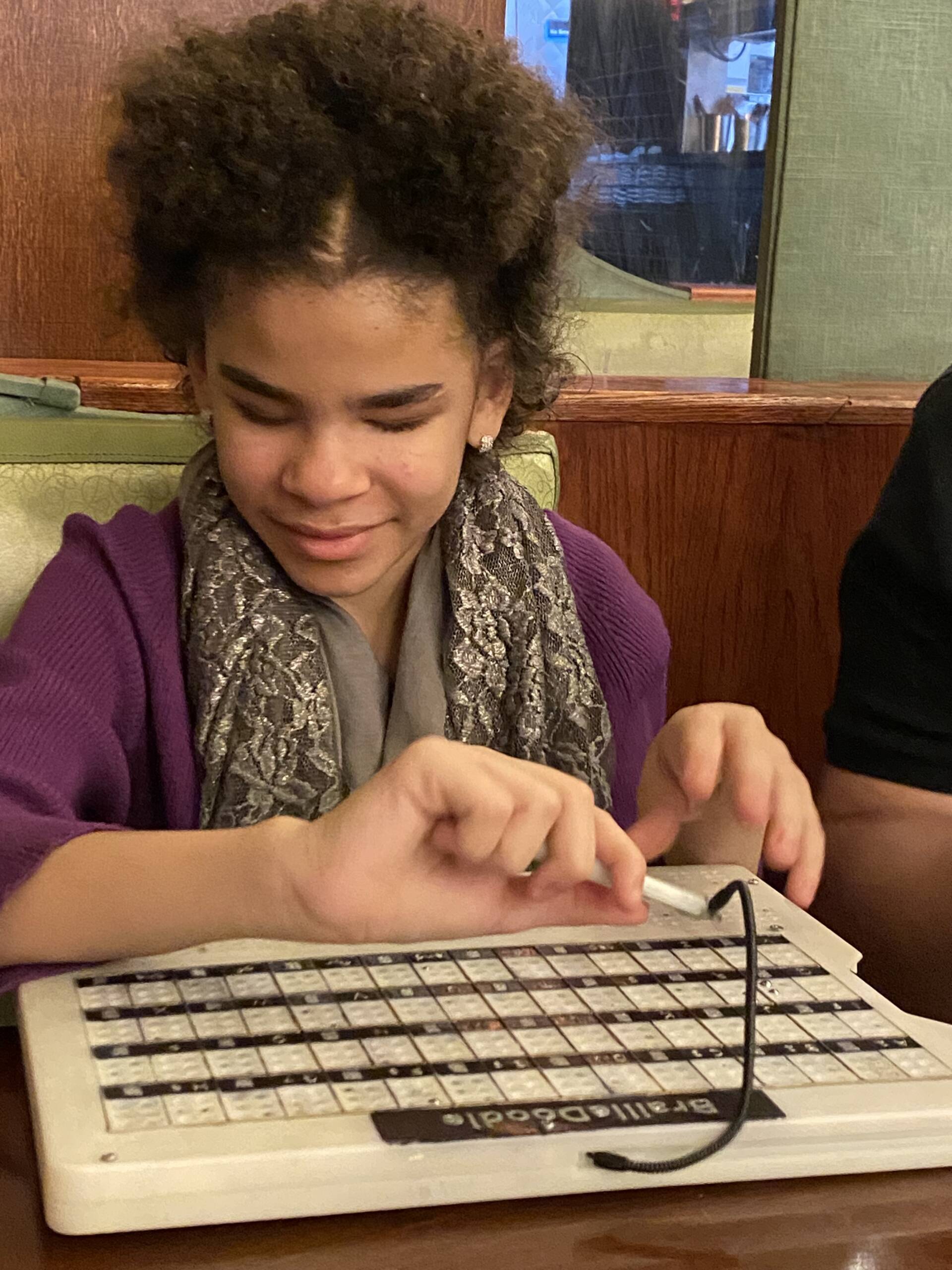OCR Devices for the Blind: Converting Print to Speech in Real-Time
OCR Devices for the Blind: Converting Print to Speech in Real-Time
Blog Article
Empowering Freedom With Assistive Modern Technology for the Blind
The assimilation of assistive technology right into the lives of people with aesthetic impairments stands for a significant improvement in advertising self-reliance and self-sufficiency. From innovative screen viewers to innovative smart canes, these devices not just improve daily navigation and interaction yet also encourage individuals to involve meaningfully in numerous aspects of life. As we check out the myriad advantages and real-world applications of these innovations, it ends up being crucial to examine the underlying aspects that add to their effectiveness and the possibility for future developments in this essential area.
Summary of Assistive Innovation

The advancement of assistive innovation is based in concepts of inclusivity and empowerment. Advancements in software program, hardware, and sensory enhancements give customers with alternatives tailored to their details needs. From display visitors that convert text to speech, to tactile tools that communicate info with touch, these tools transform the means individuals involve with their surroundings.
In enhancement to functional applications, assistive innovation cultivates greater social inclusion and engagement in different sectors, including education and learning and work (Mobility aids for visually impaired users). As r & d remain to advance, the potential for assistive innovation to additionally enhance the lives of visually impaired individuals continues to be encouraging, leading the method for an extra fair culture where every person can thrive
Sorts Of Assistive Devices
A selection of assistive devices have actually emerged to sustain people with aesthetic disabilities, each made to satisfy certain requirements and improve everyday performance. These devices vary from low-tech options to sophisticated developments, providing diverse alternatives for users.
Low-tech gadgets consist of magnifiers and large-print products that assist in reading and writing. Braille tools, such as Braille slates and styluses, allow responsive reading and communication. Orientation and flexibility help, like white walking canes, aid users browse their environment securely.
On the greater end of the spectrum, electronic magnifying systems and display viewers offer substantial support. Digital magnifiers enable users to increase the size of message and images on screens, while screen viewers convert digital material right into synthesized speech, helping with access to information on computer systems and smart devices.
Mobile phone applications also play a crucial role, supplying functions like message acknowledgment and navigating help. Wearable modern technology, such as clever glasses equipped with augmented fact, is emerging as a promising device to boost situational awareness.
Advantages of Assistive Technology
The assimilation of assistive innovation substantially improves the lifestyle for people with aesthetic problems. These modern technologies empower customers by promoting self-reliance, enabling them to navigate their settings better and carry out everyday jobs with greater simplicity. For instance, screen visitors and magnifying software enable people to gain access to digital information, cultivating academic and expert opportunities that might have formerly run out reach.
In addition, assistive gadgets such as wise walking canes and GPS applications provide real-time navigation support, improving wheelchair and safety. This raised autonomy not just enhances self-worth yet additionally urges social involvement, enabling individuals to take part more totally in their communities.
Assistive modern technology likewise promotes interaction, helping users connect with others with voice acknowledgment and text-to-speech applications. This capability is important for maintaining partnerships and accessing vital info.
Furthermore, the modification alternatives readily available with several assistive modern technologies make sure that individuals can tailor tools to their specific needs, further boosting usability and effectiveness. Generally, the advantages of assistive modern technology for individuals with aesthetic disabilities are profound, advertising a more comprehensive culture where every person can seek their ambitions and objectives.
Instance Researches and Success Stories
Highlighting the transformative effect of assistive innovation, countless instance research studies show just how individuals with visual problems have successfully integrated these devices into their every day lives. One engaging example involves a college trainee who made use of screen reading software to browse scholastic materials and online sources effectively. This modern technology not just promoted her education but additionally improved her self-confidence in getting involved in conversations and group projects.
Another study includes an expert that uses a smart device application designed for navigation and things acknowledgment. By utilizing this app, he has actually regained autonomy in both his personal and workplace, permitting him to commute separately and engage with associates a lot more properly.
In addition, a retiree shared her experience with braille e-readers, which allowed her to access a substantial array of literary works and remain connected with her community with book clubs.
These success tales highlight the vital role of assistive modern technology in cultivating independence, enhancing high quality of life, see page and promoting social combination for individuals with aesthetic disabilities (OCR devices for the blind). By welcoming go right here these innovative devices, individuals can get rid of obstacles and confiscate chances that contribute to their personal and specialist satisfaction

Future Patterns in Assistive Technology
Technology in assistive innovation is positioned to redefine the landscape of assistance for people with visual impairments. Emerging trends highlight the assimilation of expert system (AI) and artificial intelligence, which enhance the performance of gadgets that help with navigation and details accessibility. For example, AI-driven applications are currently with the ability of interpreting aesthetic information in real-time, enabling users to engage with their atmosphere a lot more separately.
Moreover, the development of wearable innovation is progressing swiftly. Smart glasses furnished with enhanced reality (AR) can give audio descriptions of environments, transforming exactly how customers connect with public rooms. These tools not only promote autonomy however additionally foster social inclusion.
In Addition, the Internet of Things (IoT) is making homes smarter, enabling seamless connectivity in between day-to-day appliances and assistive gadgets. This connectivity equips customers by making it possible for voice-activated controls and computerized responses customized to individual demands.
Conclusion
To conclude, assistive modern technology plays a pivotal duty in encouraging people with visual impairments by improving their freedom and interaction with their surroundings. The diverse series of gadgets and applications available not just helps with navigation and interaction yet additionally advertises social assimilation and possibilities for personal and professional development. As developments continue in this area, the possibility for improving the lifestyle for those with visual impairments will broaden, promoting greater freedom and empowerment.

Report this page